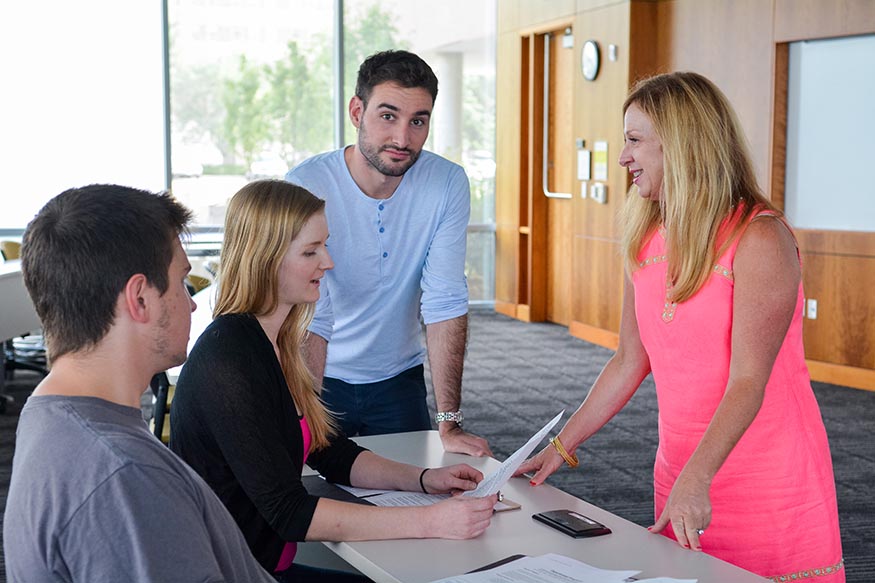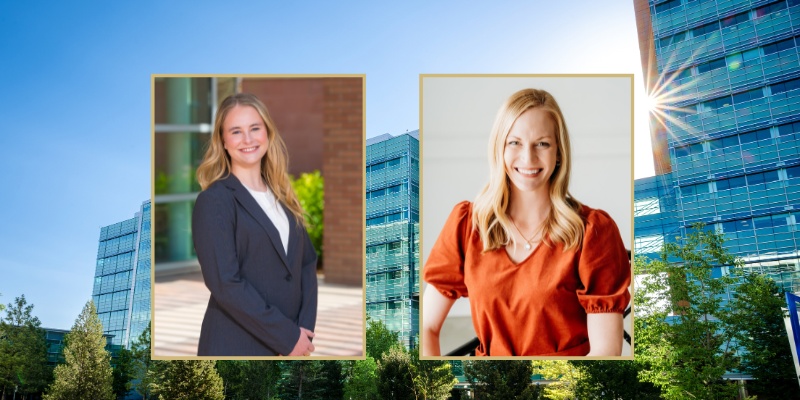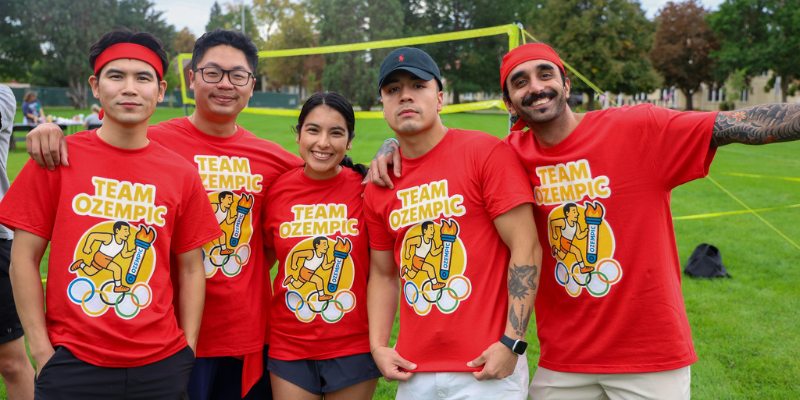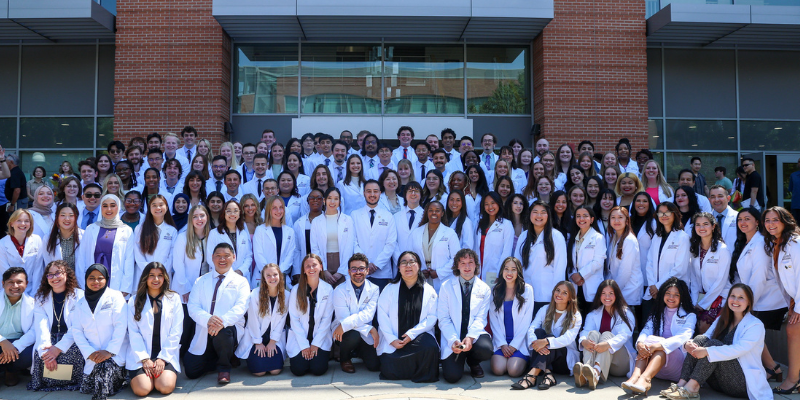It all started back in 2008 when I attended pharmacy school in Grenoble, France -- straight out of high school. The French program is a bit different than the U.S. It is six years, followed by four years of residency. My fellow students and I were lucky enough to get exposure to the teachings and practice of clinical pharmacy, with several of our professors who imported the concept from Canada. It was a very special training that no other school in the country was able to offer at that time.
Interacting with clinicians even made me wonder if my destiny was instead a career as a medical doctor, yet the first hospital rotations we had in our fifth year made it clear that my interest had little to do with how to diagnose a patient, but more how to pharmacologically treat them. Lots of students and pharmacists in France still think that their practice should not interfere with medical prescription or if so, to some very reasonable extent. The knowledge of the patient’s condition is limited as the practice is not designed to attend clinical units full time, therefore making interactions with the doctors mostly related to dispensing issues. I noticed the most exciting time I have when working in a central pharmacy is always when medications are missing. It is then a perfect time to start discussing with prescribers about alternative drugs, based on the clinical information you gather from them, and on what you have learned at school. However, the practice of pharmacy is changing exponentially, with the need to redefine our goals and our limits.
I decided a residency program would help me get a more hands-on approach to the clinical aspect of pharmacy. Selection in French schools is very often based on competitive exams, hence I studied hard for the one that allows you, according to your rank, to attend a 4-year residency hospital-based program, with diverse rotations lasting 6 months each. I left my native Alps to move to Marseille on the Southern shore, and started a new life. With the help of the residency association, we created a residency position where I had a chance to attend full time nephrology and counsel patients on their immunosuppressive agents. I still had at the back of my mind the amazing experience I had when I did my last student rotations abroad, here in Colorado. It was short, but intense as I was assigned to very diverse settings that made me realize how evolved, standardized, and efficient, clinical pharmacy is in this country.
One of my rotations was in neurology with Dr. Bainbridge, whose career, teachings, personality, and life, inspired me a lot on what I wanted to become. With the opportunity of an exchange program during residency, here I am again to gain more in-depth experience in this field, with a particular focus on epilepsy, one of my favorite topics in regards to pharmacy. It is indeed very pharmacologically based, the antiepileptic drug panel is extremely wide, and the narrow therapeutic index of such drugs make our pharmacy interventions, from discussing prescriptions with doctors to patient counseling, even more relevant and fruitful than in other medical conditions.
I am so glad and thankful for such a special opportunity, and wish it is the beginning of a life-long learning experience!
Jean-Xavier
3rd year pharmacy resident from Marseille, France



